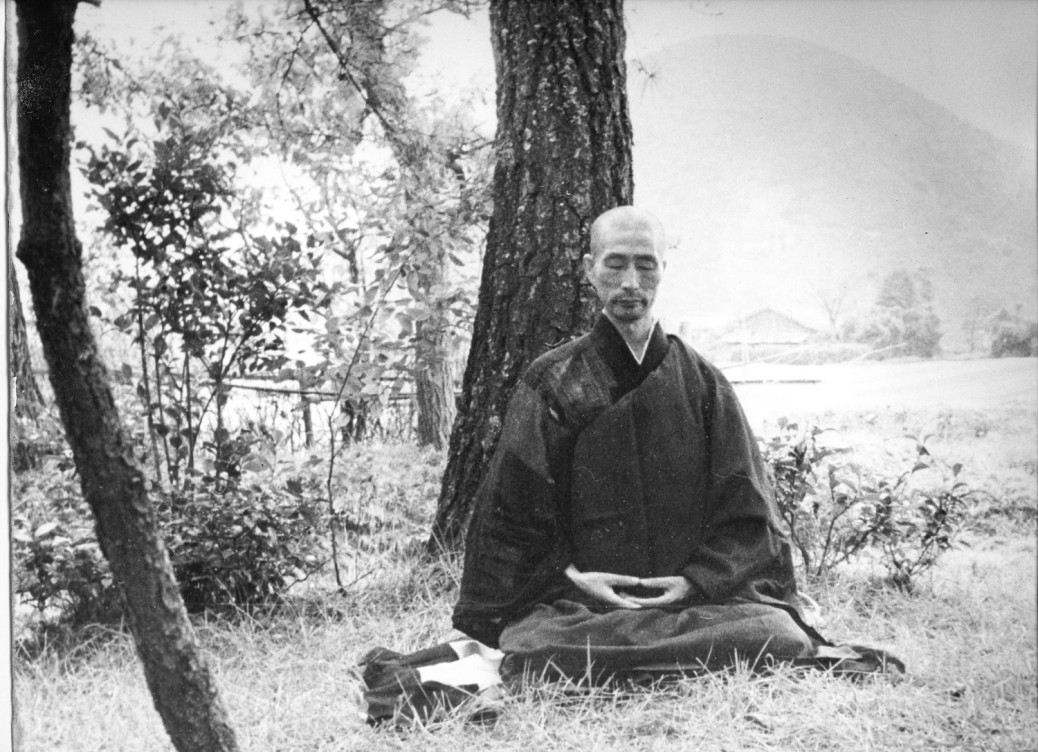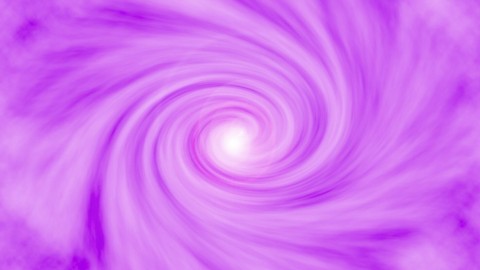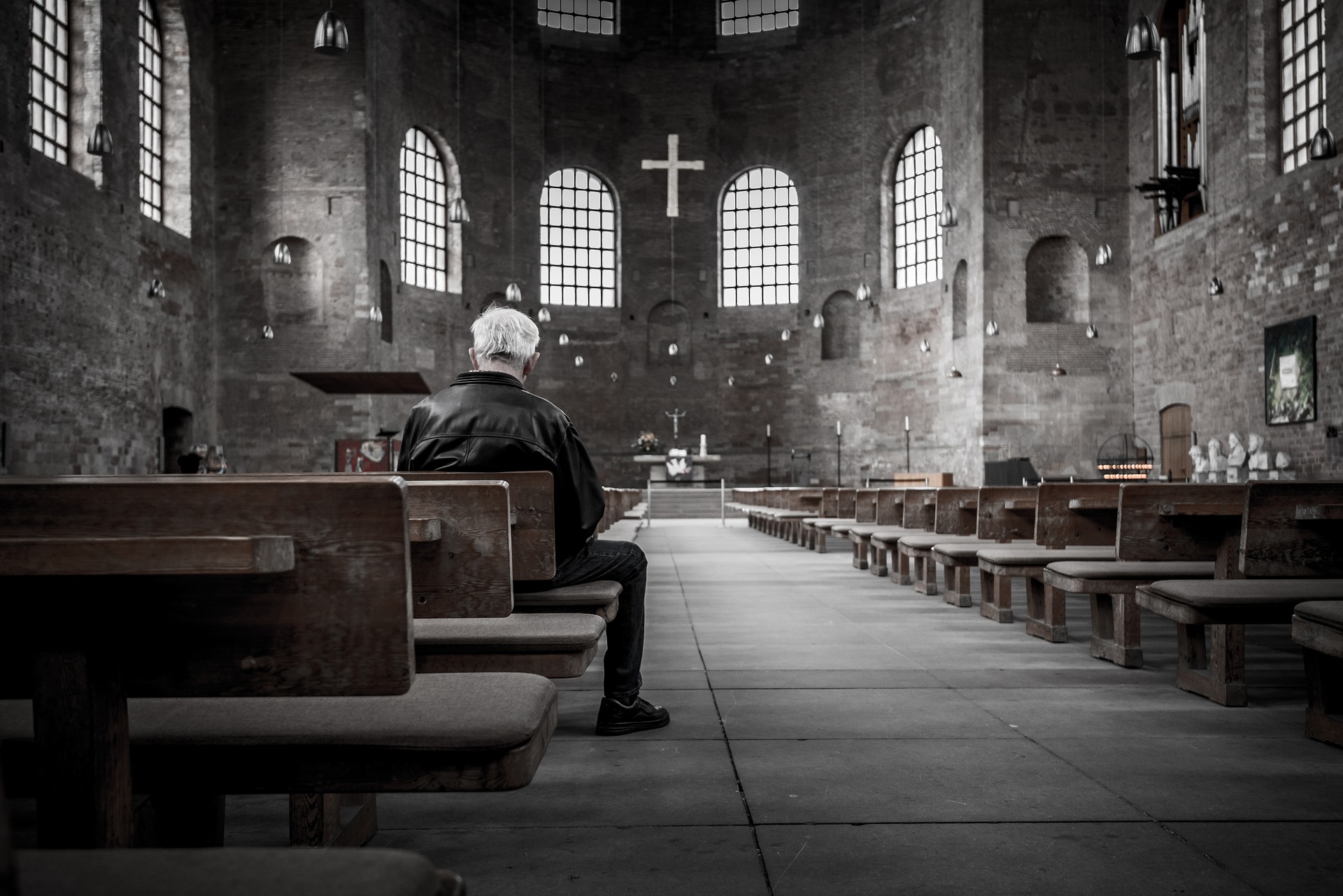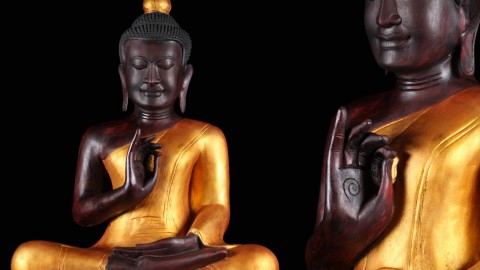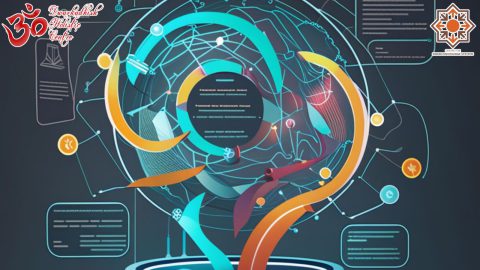Responses
A monk put the question to Joshu: “I have heard that you said that when the universe is destroyed the buddha-nature will not be destroyed. What is this ‘nature’?”
Joshu responded by saying, “The four elements and the five components.”
The monk asked again, “These are the very things that will be destroyed; what is this ‘nature’?”
Joshu said, “It is the four elements and the five components.”
Once, a monk was saying farewell to Joshu, who asked him, “Where are you going?”
The monk replied, “All over the place, to learn Buddhism.”
Holding up his mosquito-flapper, Joshu instructed the monk, “Do not stay where the buddha is! Pass quickly through a place where there is no buddha! Do not make a mistake and bring up Buddhism to anyone for three thousand leagues!”
The monk said, “In that case I won’t go!” To which Joshu responded, “Farewell! Farewell!”
These immensely important dialogues have remained obscure even in Zen circles because only a master, only a buddha, can give a right interpretation. Anybody else commenting on them is bound to fall far away from the right.
These sutras are not written by intellect; they do not follow rationality, they are not logical in any way. They are responses. And to find the response you need to have the same experience. That’s why they have remained in existence, but uncommented upon. This small anecdote will explain it to you.
A monk put the question to Joshu: “I have heard that you said that when the universe is destroyed the buddha nature will not be destroyed. What is this ‘nature’?”
The question is absolutely rational and right. But the answer needs a tremendous insight to understand.
Joshu responded by saying, “The four elements and the five components.”
According to Buddhist mythology, existence consists of Four Elements and Five Components. Now this is an absurd answer to the question because these are the very things the world is constituted of. And the questioner is asking, “When the world is destroyed, you say the Buddha nature remains. What is that nature?” Joshu simply says, “Four elements and five components.”
The monk asked again, “These are the very things that will be destroyed; what is this ‘nature’ that will not be destroyed?”
Joshu said, “It is the four elements and the five components.”
Again the same answer. Now it becomes very absurd as far as reason is concerned, but what Joshu is saying is hidden behind the words. He is saying, “The witness who knows these Five Components and Four Elements.” He does not use the word witness, because no word is really capable of explaining the witness. So rather than using the word, he again repeats: “The world may be destroyed but the witness will remain. Up to now you have not even witnessed the Four Elements and Five Components. If you go inward you will witness these Four Elements and Five Components, and the one that is witnessing is the buddha-nature – about which nothing can be said.”
The limit of language comes with Four Elements and Five Components. Beyond that is an open sky of witnessing, just a pure awareness. You can have it, but you cannot say anything about it. That’s why Joshu does not say it. He again and again reminds the person, “Language ends with Four Elements and Five Components. What can I do? This is the last milestone; beyond this, what remains is the buddha-nature.”
Tags: Awakened To Buddha-Nature Direction Koan Laughter Transcends Responses
